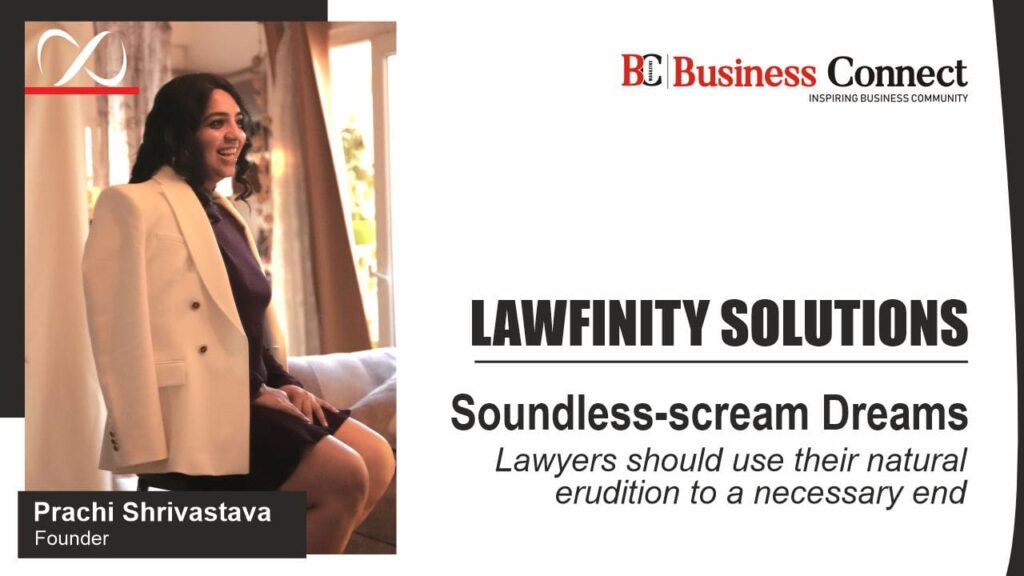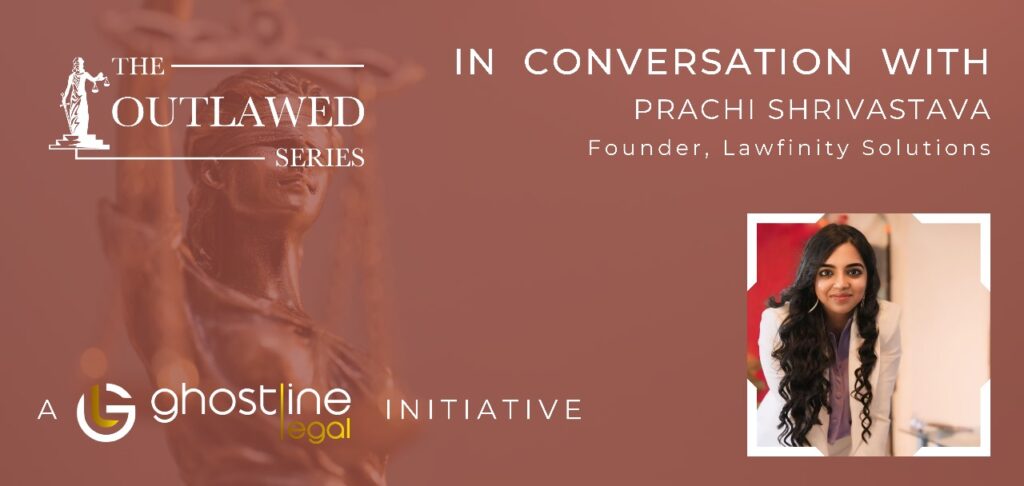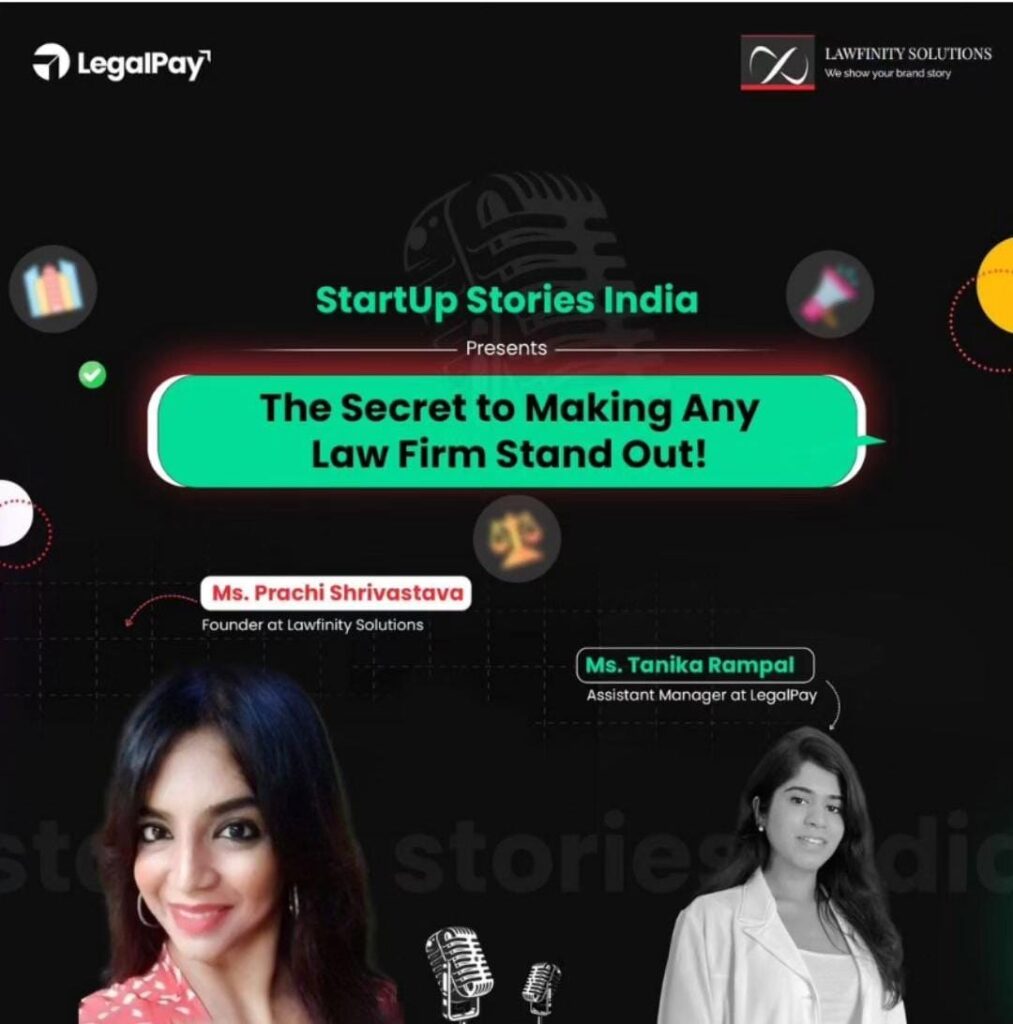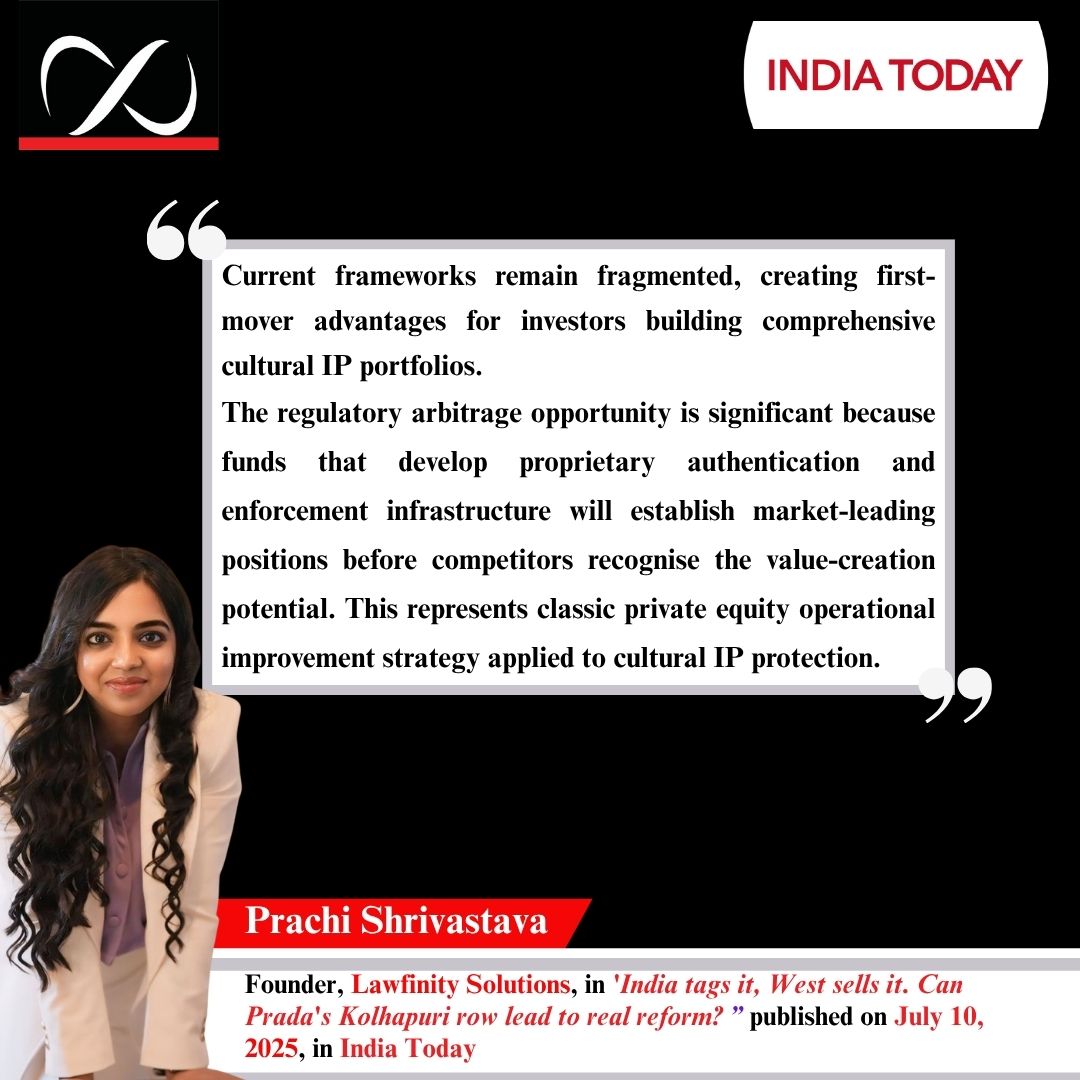
The excitement of launching an entertainment startup can be exhilarating. However, before cameras roll or lights dim on opening night, a crucial decision awaits: selecting the right business structure. This seemingly technical choice has significant legal and financial implications for your venture. Entertainment startups have several options when it comes to choosing a business structure, each with its own set of advantages and disadvantages:
- Sole Proprietorship: Offers simplicity and full control but exposes the owner to unlimited personal liability.
- Limited Liability Company (LLC): Provides liability protection for owners (members) while offering flexibility in management and taxation.
- Partnership: Allows for shared ownership and management but entails shared liability among partners.
- Corporation: Offers the highest level of liability protection but involves more complex legal and regulatory requirements, such as double taxation for C corporations.
Case Study: The Pitfalls of Poor Business Structure Choice
The Productions, a startup specializing in video game development, was initially established as a sole proprietorship by its founder, Alex. At the outset, Alex was drawn to the simplicity and autonomy of this business structure. However, as The Productions gained traction and embarked on ambitious projects, the limitations of the sole proprietorship became increasingly apparent.
When The Productions entered into a partnership with a major gaming studio to develop a highly anticipated multiplayer game, the risks of unlimited personal liability became a stark reality. Despite diligent efforts to deliver the project on time and within budget, unforeseen challenges arose, leading to delays and cost overruns.
Tragically, a serious bug in the game’s code resulted in widespread player dissatisfaction and legal claims for damages. With The Productions operating as a sole proprietorship, Alex found themselves personally liable for the mounting legal fees and potential settlement costs. The financial strain and legal complexities threatened to bankrupt Alex and derail the future prospects of The Productions.
In India, entertainment startups face additional challenges when selecting a business structure, including compliance with local regulations, tax implications, and access to funding. The choice of business structure must align with the startup’s long-term goals, risk tolerance, and growth trajectory.
Challenge 1. Limited Liability Protection: Sole proprietorships and general partnerships offer minimal protection, exposing owners to personal liability for business debts and lawsuits. Entertainment ventures can be risky, so this lack of protection can be a significant concern.
Solution:
- Embracing the Limited Liability Company (LLC):
- Shield of Protection: Forming an LLC offers significant advantages. It creates a separate legal entity, shielding owners (known as members) from personal liability for the company’s debts and obligations. This means your personal assets, like your home or car, are generally protected in case of business-related lawsuits or financial difficulties.
- Flexibility Reigns: LLCs offer flexibility in both management structure and taxation. You can choose a member-managed structure for direct control over decision-making or opt for a manager-managed structure to appoint a professional manager. Taxation-wise, LLCs can elect to be taxed as a pass-through entity, where profits and losses flow directly to the members’ personal tax returns, similar to a sole proprietorship or partnership.
- Considering Corporation Formation:
- Ultimate Protection: In some cases, the strongest shield may be necessary. Corporations offer the most robust liability protection, separating the company’s assets and liabilities completely from those of its shareholders (owners). This provides maximum peace of mind but comes with increased formalities, such as holding annual shareholder meetings and maintaining detailed corporate records.
- Attracting Investors: Corporations are often favored by investors due to their established structure and potential for long-term growth. If securing investment is a key part of your strategy, a corporation might be the preferred choice.
- Seeking Professional Guidance:
The path to limited liability can be complex. Consulting with a qualified business lawyer is crucial for:
- Understanding Your Needs: A lawyer can assess your specific financial exposure, risk tolerance, and long-term goals to recommend the most suitable structure.
- Navigating Formation Procedures: They can guide you through the legal process of forming an LLC or corporation, ensuring you comply with all state and federal regulations.
- Developing a Legal Strategy: A lawyer can assist in drafting operating agreements for LLCs or bylaws for corporations, outlining ownership rights and management roles within the chosen structure.
Challenge 2. Taxation Complexity: Startups need to understand the tax implications of each structure. Double taxation in corporations, while offering liability protection, might not be ideal for startups focused on reinvesting profits for growth. Navigating “pass-through” taxation in LLCs can also be complex.
Solution:
Considering Growth Trajectory: If immediate growth and reinvestment are priorities, a pass-through entity like an LLC taxed as a partnership might be ideal. This allows you to keep profits within the business for growth without incurring double taxation.
Projecting Future Needs: If attracting investors or anticipating an IPO (Initial Public Offering) is a future goal, a C corporation might be more suitable. While profits are double taxed, the structure is more attractive to investors and facilitates easier capital raising.
Consulting a Tax Professional: A qualified tax advisor can analyze your specific financial situation and projected business growth. They can:
- Explain Tax Implications: Provide a detailed breakdown of the tax consequences associated with each structure.
- Develop a Tax Strategy: Help you design a tax-efficient strategy aligned with your long-term business goals.
Conclusion:
While the allure of a captivating story or a groundbreaking game design might take center stage, understanding the legal and financial implications of each business structure is essential. Failing to choose the right option can lead to unintended consequences, such as increased personal liability, higher tax burdens, or a structure that hinders your long-term growth aspirations. The perfect structure represents a strategic decision that aligns with your specific business needs and financial goals.
Beyond the Initial Choice: Remember, business structures are not set in stone. As your entertainment startup evolves and grows, it’s essential to revisit your initial decision and ensure it continues to serve your best interests. Regular consultations with your legal and tax advisors are crucial for adapting your structure as your needs and goals change. By choosing the right business structure, entertainment startups take a critical step towards establishing a foundation for success. This foundation allows them to focus on what truly matters – bringing their creative vision to life and captivating audiences. Remember, the information in this article is for general guidance only and does not constitute legal or tax advice. Consulting with qualified professionals is essential for your specific situation. With a well-chosen structure in place and the guidance of legal and tax advisors, your entertainment startup can navigate the exciting journey ahead, transforming your creative spark into a thriving and sustainable venture.











